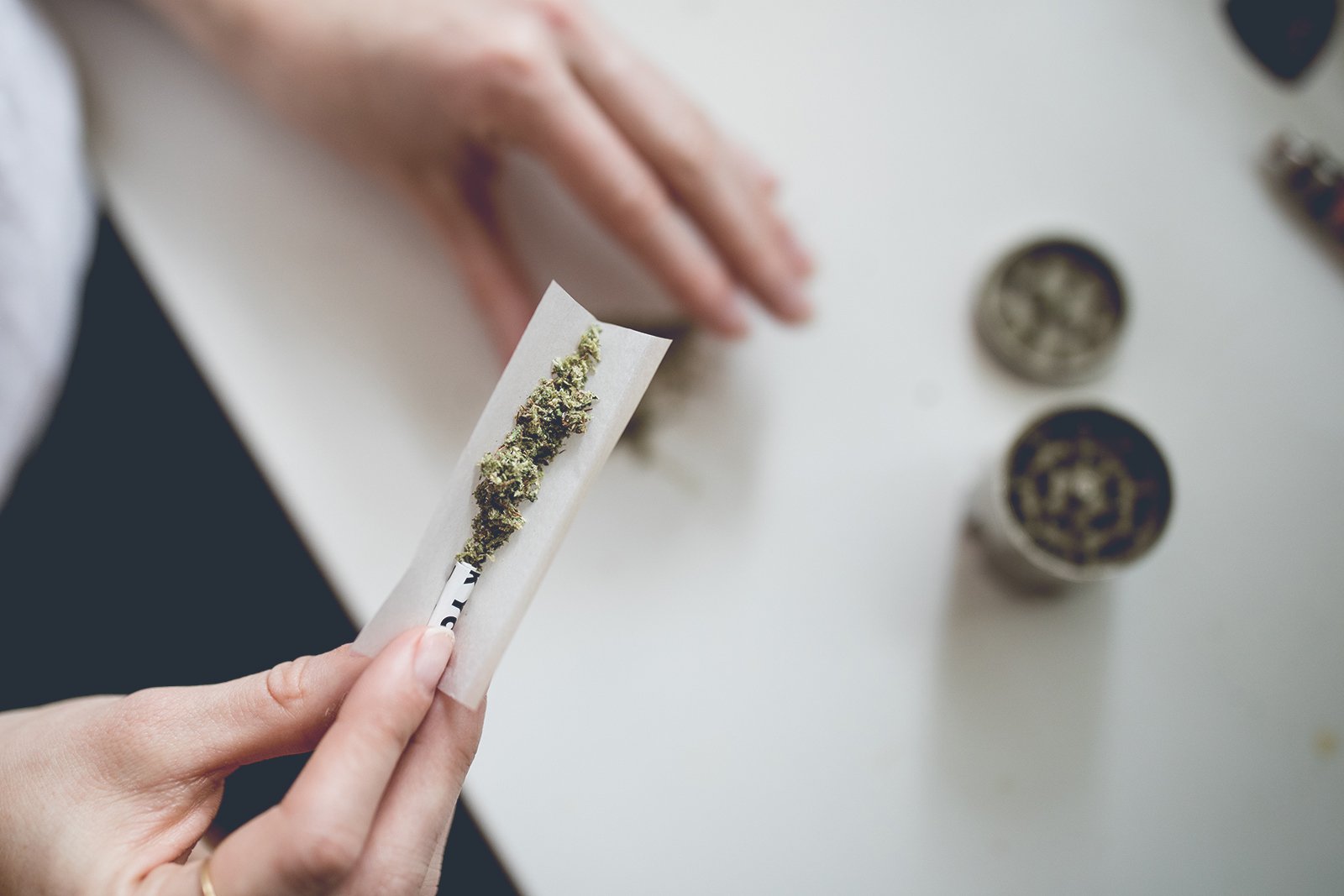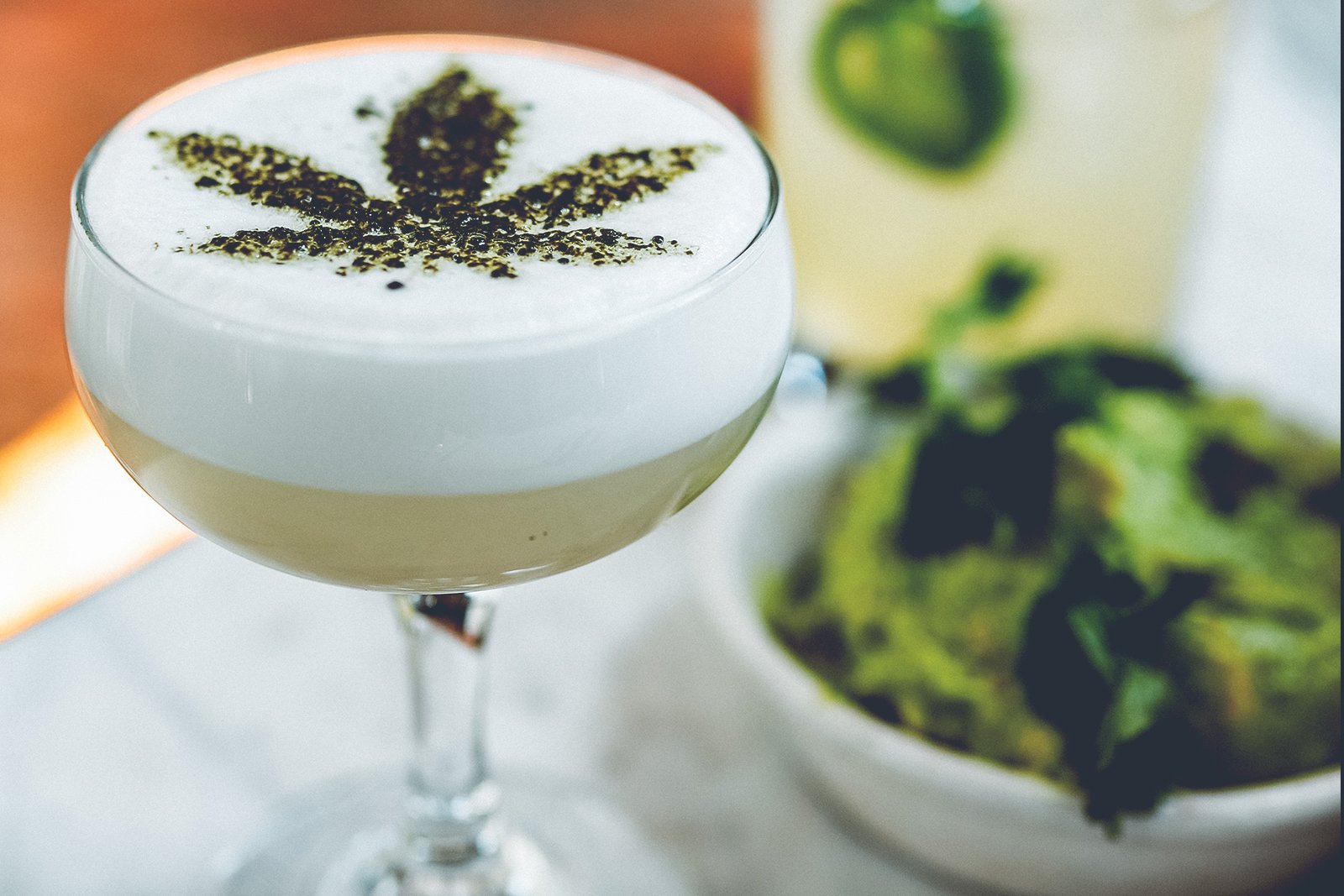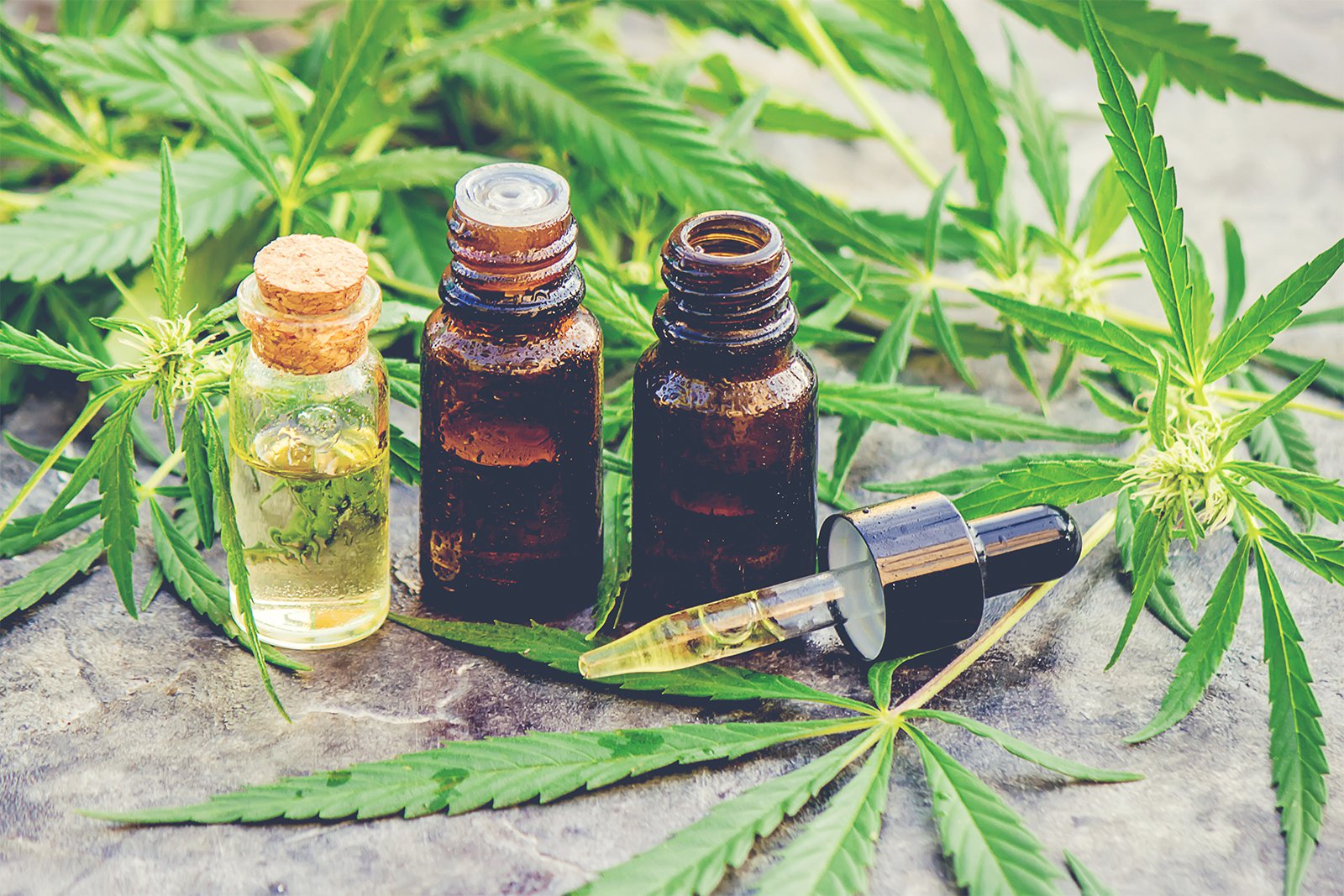
10 ways to safely use marijuana products
Medical and Health 10 Ways to Safely Use Marijuana Products With cannabis use gaining popularity worldwide, including in parts of Europe such as the UK

As cannabis research expands globally, scientists are looking beyond smoking or vaping to understand the benefits of cannabis when consumed in food. From marijuana edibles like brownies and gummies to cannabis-infused oils and beverages, studies suggest that adding marijuana to food may offer a range of positive effects for health and wellness.
This article explores what the research says, what benefits have been identified, and what consumers need to know about safely using cannabis in food.
For decades, marijuana was primarily studied in the context of smoking. Today, with legalization spreading across Europe, North America, and other regions, there is growing interest in alternative consumption methods that are healthier, longer-lasting, and easier to dose.
Cannabis-infused foods (commonly called edibles) are one of the fastest-growing segments of the legal cannabis market. Scientists are investigating how cannabinoids like THC (tetrahydrocannabinol) and CBD (cannabidiol) behave differently in the body when eaten rather than inhaled.
When marijuana is digested, the effects can last 6–8 hours, compared to 2–3 hours from smoking. For patients managing chronic pain, inflammation, or insomnia, this extended relief is a major benefit.
Eating cannabis avoids the harmful byproducts of smoking, such as tar and carcinogens. Researchers highlight edibles as a smoke-free alternative that may reduce respiratory risks.
Edibles are manufactured with labeled THC and CBD amounts, allowing for precise dosing. Patients and consumers can select low-dose or CBD-dominant products to match their needs.
Studies suggest that cannabis edibles, especially those high in CBD, may help reduce anxiety levels and improve sleep quality, offering a gentler option than some pharmaceuticals.
Medical cannabis has long been used to stimulate appetite in patients with conditions like cancer or HIV/AIDS. Infused foods offer a discreet, palatable way to help patients regain nutrition.
While positive effects are clear, scientists also warn about important safety factors:
Delayed Onset: It can take 30 minutes to 2 hours to feel the effects, increasing the risk of accidental overconsumption.
Stronger Metabolites: The liver converts THC into a more potent form, sometimes producing stronger effects than expected.
Safe Storage: Cannabis-infused foods must be stored securely to avoid accidental ingestion by children or pets.
Researchers are exploring cannabis as part of the functional food industry, where foods are designed not just for nutrition but for therapeutic benefits. Potential areas of study include:
CBD-infused beverages for stress management
THC microdose snacks for mood support
Cannabis oils for use in medical nutrition therapy
As more countries, including Germany and Canada, lead in cannabis food innovation, the UK and EU may expand research and regulation around edible cannabis in the near future.
positive effects of cannabis in food
marijuana edibles health benefits
cannabis-infused foods research
THC and CBD in food
benefits of adding marijuana to food
1. Is it safe to add marijuana to food?
Yes, when prepared properly and consumed in controlled doses, marijuana-infused foods can be safe. Overconsumption, however, can lead to unwanted side effects.
2. How long do cannabis edibles last?
Effects may last between 6 and 8 hours, making them suitable for long-term symptom management.
3. Do edibles work differently than smoking cannabis?
Yes. The liver processes THC into a more potent form when eaten, which explains why edible effects are often stronger and longer-lasting.
Scientists Confirm Positive Effects of Adding Marijuana to Food
Learn what scientists have discovered about cannabis edibles. Explore the health benefits of adding marijuana to food, from longer relief to reduced risks.

Medical and Health 10 Ways to Safely Use Marijuana Products With cannabis use gaining popularity worldwide, including in parts of Europe such as the UK

Is It Legal to Sell Medical Marijuana in Britain? Cannabis laws across Europe are changing, and one of the most common questions people ask is:
WhatsApp us